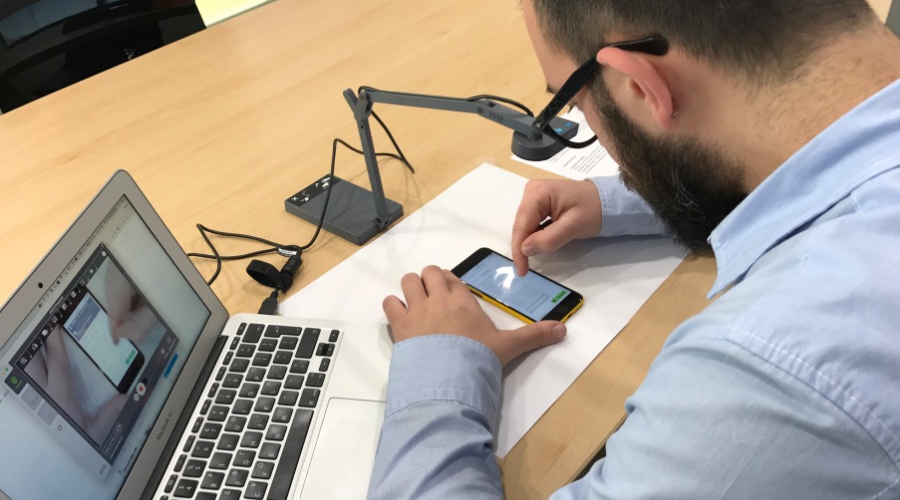A tester (or QA engineer) is a specialist who has a set of skills allowing him to systematically identify errors in the work of mobile applications and other digital products. QA engineers take on several key responsibilities:
- search for problems that prevent the product from performing its basic functions;
- analysis of conditions that could lead to the occurrence of detected errors;
- systematization of test results and providing the reporting documentation that would help developers to eliminate all problems as quickly as possible.
A qualified tester should not only understand how the reviewed product works but also be able to work out potential scenarios end users may encounter. In other words, if developers overlook a specific problem, QA engineers do their best to detect and report it before a release or as part of a major update.

Test types
The type of testing is dictated by both the specifics of the product being tested and the development team’s priority goals. For example, when it comes to a simple service with a few features, QA engineers often rely on manual testing. This approach allows them to view the product and analyze its UX from the average user perspective.
On the other hand, when testers are interested in fast and accurate results, they prefer to use automated testing. This method is ideal for functions that need to be checked many times, since all the actions are performed by the program code here, and not by a person.
Besides that, QA engineers most often perform the following types of testing:
- functional testing;
- product safety testing;
- testing the effectiveness of the product;
- UI testing;
- compatibility testing.
It is also worth noting that the type of testing may depend on the timing of this research. This can be an alpha test of the first functional version of a particular service, a pre-release test of a product, a beta test, or application tests after the implementation of some new features.
Key benefits of effective testing
- A tester’s work can guarantee the stable running of complex products on a large scale. For example, if we are talking about an app for managing personal finances and money transactions, the security of each transaction plays a really significant role. Only testing will be able to show that such a product will accurately perform its main functions when interacting with a gigantic audience.
- A fresh look at the created product. Developers can overlook various bugs in their code when trying to implement a feature-rich service. To prevent the target audience from encountering these minor bugs, testers analyze the product using specialized tools and identify errors that developers did not notice.
- Testing allows you to come to the final version of the product much faster. Regardless of which end users you target, they are unlikely to want to update your service multiple times a day. QA engineers help developers prepare a more complete version of the product for release, so users do not need to worry about frequent updates and unexpected errors.

Effective systematic testing can mean the difference between a successful digital product and a failed service that scares off potential customers with broken buttons, links, or other complications. This process is an integral step for the realization of any of our projects. It guarantees a trouble-free operation of a mobile app after its release and protects our customers from additional costs which can be caused by sudden critical bugs.




